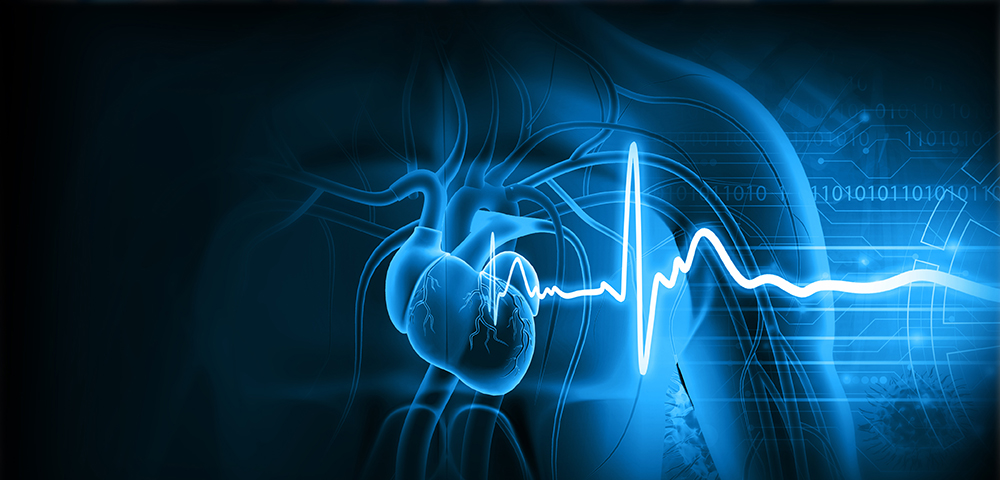
ECGS
What is an ECG?
An ECG, or an electrocardiogram, is a test that records your heart’s rhythm and electrical activity. This test is performed to check for heart problems or monitor your heart’s health.
Why would I need an ECG?
An ECG is painless, safe and does not take long at all. Your doctor will suggest an ECG if they need to determine the following:
- Irregular heart rhythm
- Check for poor blood flow to the heart muscle (Ischemia)
- Diagnose if you have a heart attack or if you had one previously
- Check on abnormalities such as thickened heart muscle
- Check if heart disease treatments are working, such as a pacemaker
- Detect if you have any significant electrolyte abnormalities
Your doctor may also order an ECG if you are experiencing the following symptoms:
- Chest pain
- Dizziness, lightheadedness or confusion
- Heart palpitations
- Rapid pulse
- Shortness of breath
- Weakness, fatigue or a decline in the ability to exercise
What happens during an ECG?
Your doctor will attach electrodes with adhesive pads to your chest, arms and legs. You may need to shave if you have body hair in these areas.
During the test, you must lie down while a computer captures your heart’s electrical impulses on graph paper. This is known as a ‘resting’ ECG. The same test can be performed while you do exercises.
The whole procedure should take around 10 -15 minutes.
